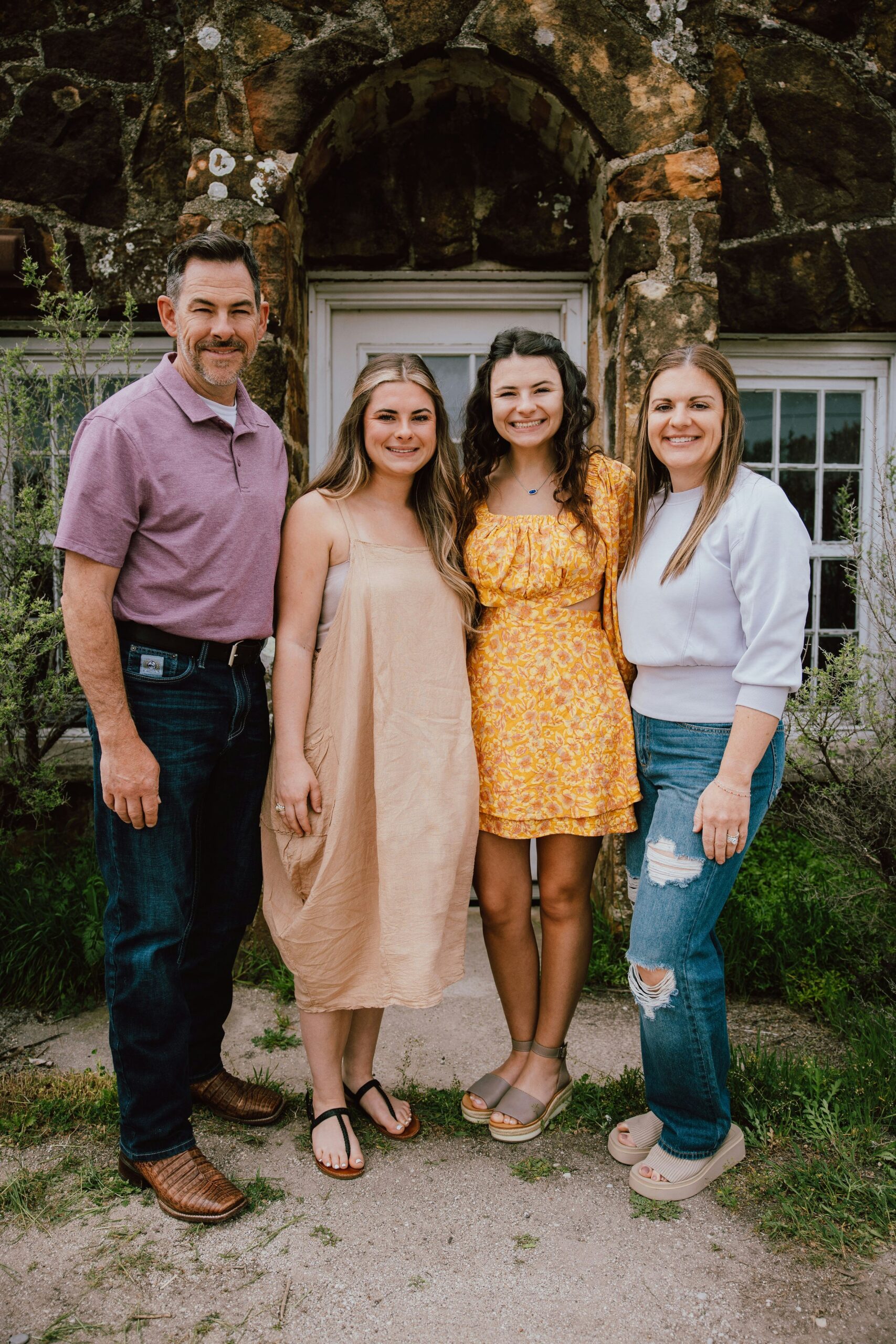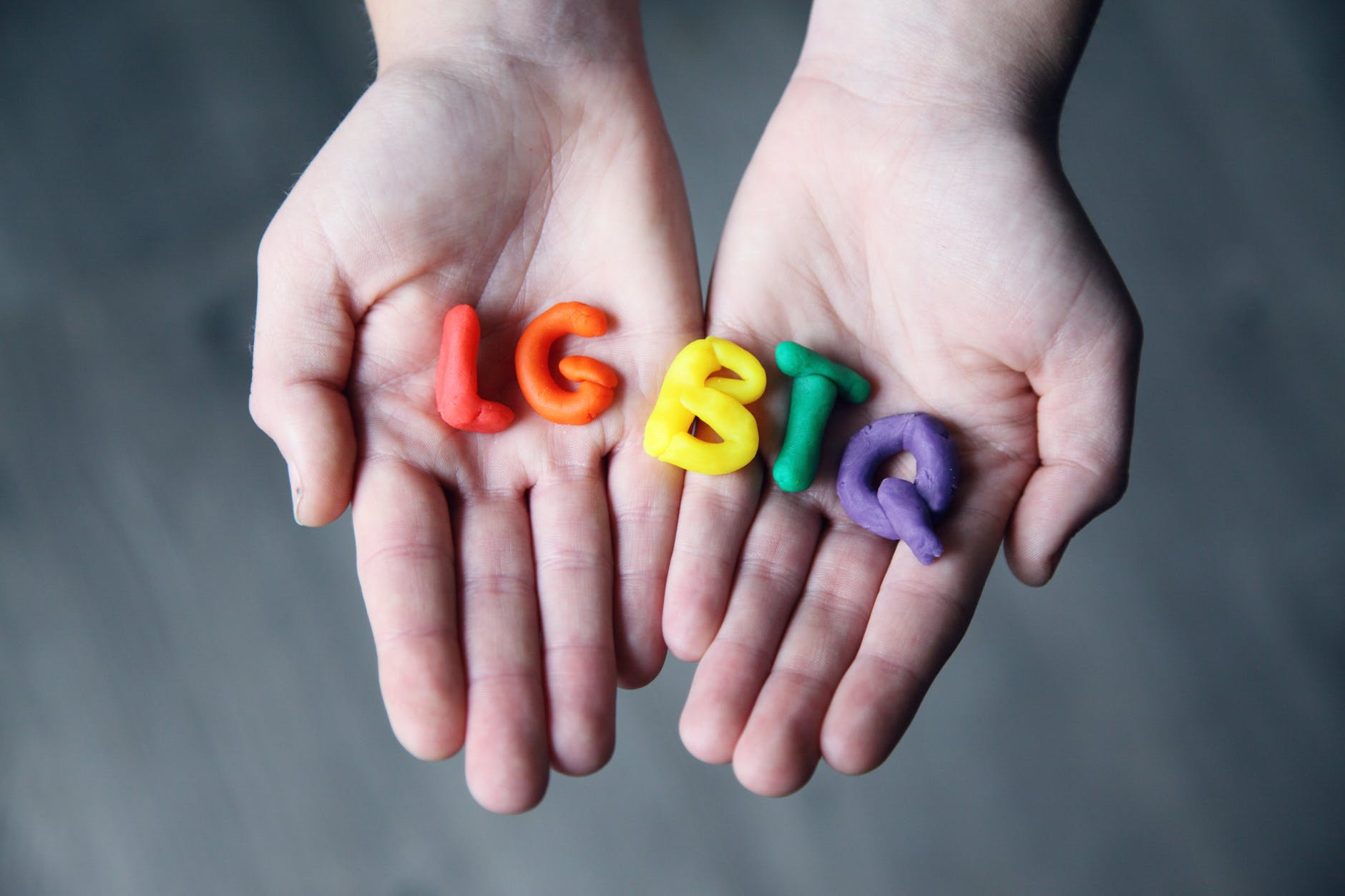
Digital experiences among adolescents may significantly impact their #mentalhealth and well-being, according to a presenter at the American Psychiatric Nurses Association Annual Conference.
Jamie Zelazny, PhD, RN, assistant professor at the University of Pittsburgh School of Medicine, noted that #suicide is the second-leading cause of death among individuals aged 10 to 24 years. Further, #suicide rates have tripled among youth aged 10 to 14 years, as well as among #girls, and #suicide rates are significantly higher among #AfricanAmerican #children younger than 13 years.

Rising #suicide rates in these demographic groups have coincided with rising rates of #socialmedia use.
#JamesDonaldson notes:
Welcome to the “next chapter” of my life… being a voice and an advocate for #mentalhealthawarenessandsuicideprevention, especially pertaining to our younger generation of students and student-athletes.
Getting men to speak up and reach out for help and assistance is one of my passions. Us men need to not suffer in silence or drown our sorrows in alcohol, hang out at bars and strip joints, or get involved with drug use.
Having gone through a recent bout of #depression and #suicidalthoughts myself, I realize now, that I can make a huge difference in the lives of so many by sharing my story, and by sharing various resources I come across as I work in this space. #http://bit.ly/JamesMentalHealthArticle
“A study published in 2015 found that the threshold for where kids start to have more #mentalhealthproblems is the 2-hour mark,” Zelazny said during the presentation. “#Teens who reported using #socialmedia sites more than 2 hours a day were much more likely to report poor #mentalhealth outcomes like distress and #suicidalideation. A study done the following year found that problematic internet use resulted in poor #mentalhealth outcomes longitudinally, and these were mediated by poor sleep.”
Other study results suggested that #socialmedia use among #teens is linked to low self-esteem, poor body image and risk-taking behaviors. Moreover, social comparison and cyberbullying have been associated with #depression, #anxiety and #suicidalideation among adolescents.
In an ongoing pilot study that is part of a larger project to assess the potential of a #socialmedia monitoring intervention, Zelazny and colleagues analyzed data of 15 suicidal #teens recruited from an intensive outpatient program at Western Psychiatric Hospital in Pennsylvania. The #teens participated in three focus groups and completed questionnaires in which they provided feedback on positive and negative consequences of #socialmedia use.
Results showed 67% of participants reported feeling worse about their own lives because of #socialmedia. Further, 73% felt pressured to post content that boosted their appearance to others, 60% felt pressured to tailor content for popularity and likes and 80% reported being affected by #socialmedia drama. However, 73% reported feeling supported on #socialmedia through challenges or tough times, 53% felt more connected to their friends’ feelings and 93% felt more connected to their friends’ lives.
#Socialmedia risks identified via qualitative interviews included heavy and problematic use; interference with sleep; cyberbullying; exposure to self-harm/suicidal content; inauthenticity/being untrue to oneself; negative upward social comparison; and thwarted belonginess/unmet need to connect to others. Protective factors identified via qualitative interviews included getting support and encouragement from #socialmedia; feeling connected to friends; social engagement or encouragement to participate in social interaction; and personal expression or ability to speak freely.
Zelazny noted limitations of the study, including its small sample size and that it consisted of severely ill #teens who were receiving treatment in an intensive outpatient program.
“We really have to routinely assess the impact of #socialmedia use, and when I say that, I don’t mean we need a special assessment or questionnaire, but to actually think about it when we’re assessing any symptoms that kids are presenting with,” Zelazny said.



